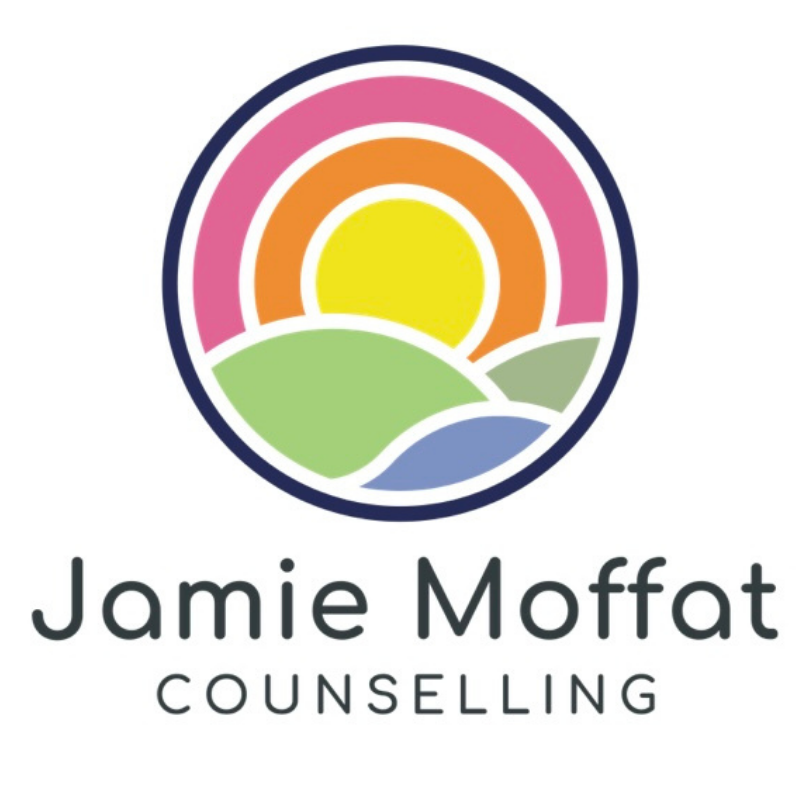Addiction
Regain Control. Reconnect With Yourself.
Addiction is often described as a lack of control over something you're doing, taking, or using—despite it causing harm. While drugs, alcohol, gambling, and smoking are commonly recognised, addiction can take many forms. It’s possible to feel hooked on almost anything: food, sex, work, shopping, or even relationships.
Addiction is not a moral failing. It's often a way of coping with pain, overwhelm, or trauma.
Why Do People Become Addicted?
Substances and behaviours that provide temporary relief or escape can become crutches over time. Drugs, alcohol, and nicotine affect how we feel, creating sensations that are temporarily pleasurable or numbing. The urge to repeat these experiences can grow stronger—especially when life feels difficult.
Addiction is often linked to unresolved emotional pain. This might include:
• Childhood abuse or neglect
• Exposure to domestic violence
• Bullying or emotional rejection
• Loss through separation, death, or abandonment
• Ongoing anxiety, depression, or trauma
• Even if these experiences are in the past, their effects can linger and fuel current struggles.
• The Wider Impact of Addiction
Addiction doesn’t only affect the individual. It touches the lives of family, friends, partners, and children. Living around addiction can create stress, instability, and emotional strain. Relationships may become tense or fractured. Conflict may feel constant.
Without support, addiction can impact every part of life—from your home to your work, to your health and sense of self.
How Counselling Can Help
Whether you’re beginning to explore your relationship with a substance or behaviour, or you’re already in recovery and need extra support, counselling offers a non-judgemental space to reflect, heal, and grow.
In sessions, we may explore
• The emotional roots of addiction
• Triggers, patterns, and how to manage them
• Healthier ways of coping with stress and pain
• Rebuilding self-worth and identity
• Repairing strained relationships and setting boundaries
• Strengthening your recovery journey
You don’t need to have all the answers. You just need a safe space to begin.
You're Not Alone
Counselling for addiction is about understanding, not blaming. It’s about helping you reconnect with the person underneath the struggle—someone who deserves care, healing, and hope.
